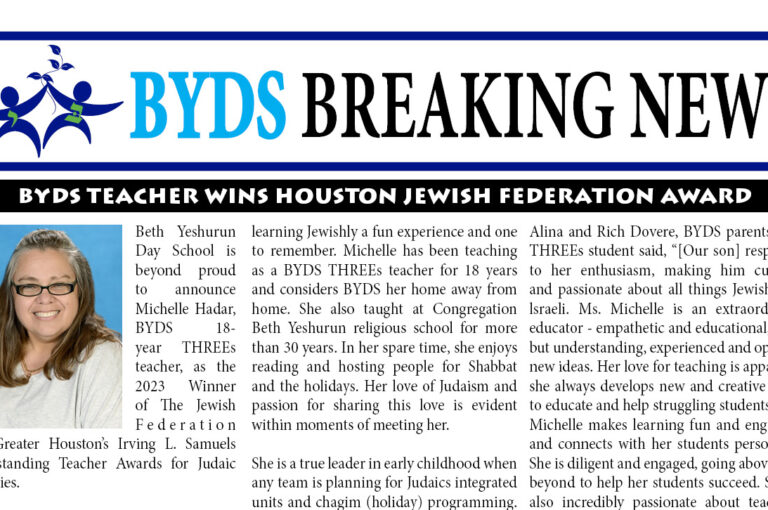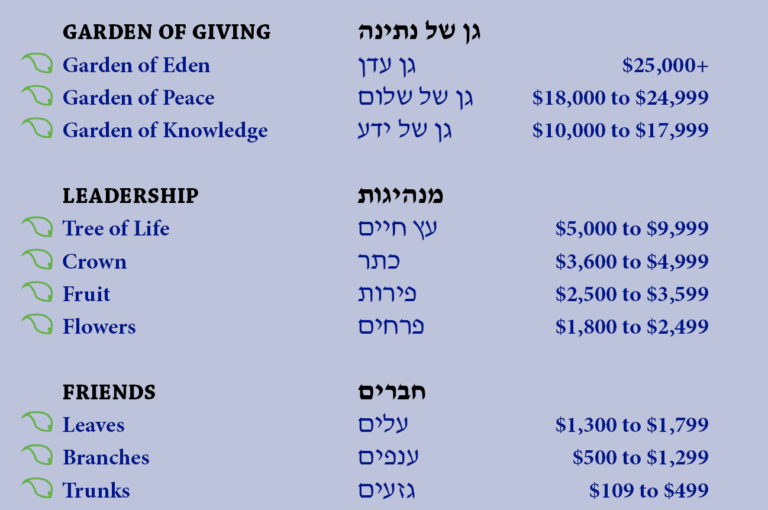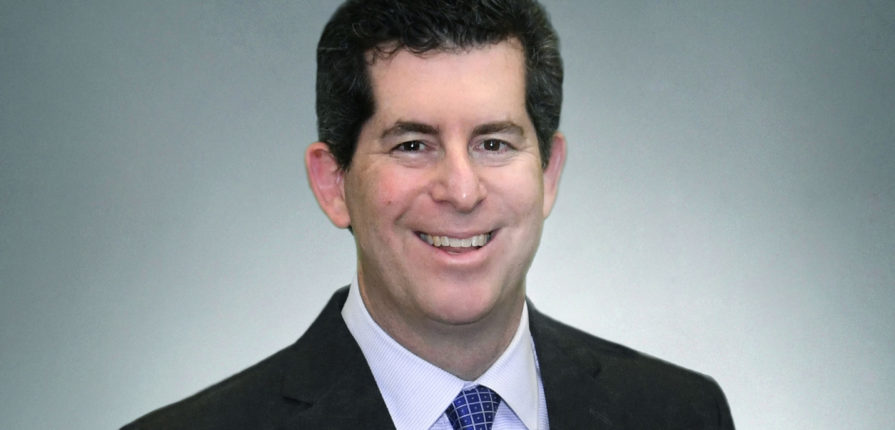A baseball star issues a brief apology for years of steroid use.
An elected politician quickly apologizes for an inappropriate relationship.
After getting caught, a movie star says she is sorry for drinking under the influence.
Our culture is awash in apologies these days.
Many seem to be superficial at best, just statements from famous personalities looking to do what is best for their careers rather than sincere statements of repentance.
During this season of forgiveness, what does the Jewish tradition say?
Teshuvah literally means “return” and is the word used to describe the concept of repentance in Judaism. Teshuvah must include the following steps: a confession, true remorse, a sincere apology, reparation, and if necessary – justice must be served. If the perpetrator’s repentance does not contain these vital aspects, then there is no obligation to forgive.
In our own personal lives, we are all hurt, embarrassed, and pained by the actions of others. Now, during this season of atonement, the question God wants us to ask ourselves is: Can we forgive those who have wronged us if they have truly made teshuvah?
Or instead, do we hold grudges against them? Is there still pain that has not healed in our broken family relationships and our lost friendships? Are there cycles of abuse and destructive words that continue year after year, generation after generation?
It has been written that forgiveness is our moral right – a right to stop being hurt by events that were unfair in the first place. Forgiveness can be a gift because it can allow us to free up and put to better use the energy once consumed by harboring resentments and nursing unhealed wounds.
The hard thing to do is to open the door for the possibility of forgiveness. This time of year, this seasonal gift from God, is another reminder to attempt to let those people back into our lives by opening the door, ever so slightly, for the possibility of teshuvah and reconciliation.
This Rosh Hashanah and Yom Kippur, if we expect God to forgive us for what we have done wrong, then can we find ways to forgive those who have wronged us, especially if they are truly sorry for what they have done?












